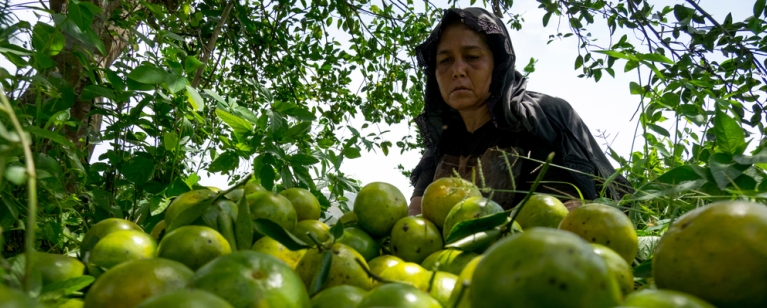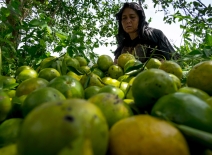
GBVH is widespread and can affect anyone, including men. However, it disproportionately impacts women: nearly one in three women and girls aged 15–49 will experience gender-based violence in their lifetime, excluding harassment. Yet, social and ethical audits often fail to detect GBVH or capture its true scale. This gap poses serious risks not only to workers’ human rights but also to businesses, through reputational harm, legal liability, and financial losses from ineffective or duplicated interventions.
Effectively preventing and responding to GBVH requires coordinated action and shared accountability. ETI has co-created these principles with representatives from the private and public sectors to help initiate and structure dialogue, assess workplace realities, prioritise business action, and identify where civil society can provide support.
This session explored the context and collaborative process behind the Gender Action in Agriculture (GAIA) initiative, highlighting how meaningful stakeholder engagement shaped the development of these principles.
Speakers:
Halima Ahmed, Gender Advisor at ETI
Ella Frankel, Senior Advisor: Food, Farming & Fisheries at ETI
Heidi Chan, Gender Programme Lead at ETI
Prof David Bek, Professor of Creative Economies & Ecological Sustainability at Coventry University
Dr Wilson Odiyo, Corporate Affairs Director of Eastern Produce Regional Services (EPRS)
Caroline Downey, Executive Director of Women Working Worldwide
Irem Arf, Policy Advisor, ITUC
This event was part of our ETI Insights series.
GAIA principles to end gender-based violence and harassment in commercial agriculture and fisheries

Gender-responsive HRDD

